We have read about the remarkable opening up of China in recent years: how many people live there and how good they are at business, perhaps finding the prospect of them rushing into our world rather daunting. However, a part of this process has been the sudden curiosity there for western art-forms. Not long ago the idea of a tour of China by a European early music group would have seemed completely fantastical. What space was there in a country which for many years had allowed only eight ‘model plays’ to be publicly staged — all of them about the achievements of the army — for the votive antiphons of Tallis, or the Passions of Bach?
Not everyone in that vast country is ready for such delicacies yet, but a light has begun to shine. The most difficult hurdle for the authorities to overcome was not in music, or even music with sacred words (which were still banned when we visited in 2000), but in the distribution of western films. Lenin said ‘of all the art forms, cinema is the most important to us’, which was taken so literally that film languished as the most conservative link in the cultural chain. Music cannot have been far behind. But symptomatic of a change which has affected every artistic endeavour, since 2004 leading film-makers have been allowed to make films which are critical of social conditions, with the approval of the government.
This thaw has enabled many Chinese people to experience western art for the first time, starting with symphony orchestras and productions of Shakespeare. Many of them will have had little idea what to expect but, being naturally curious, have gathered in large crowds for the most unlikely events. In this category I put the Tallis Scholars singing ‘Amazing Grace’, with full audience participation, minutes after also singing an eight-voice polyphonic Magnificat by Praetorius.
One or two guidelines need to be established in order fully to imagine the scene. Chinese symphony halls are all super-modern — every city of any size expects to have at least one. People born before 1979 generally stay at home, so the average age of an audience is much younger than in Europe, and it includes children and even babies. It is also likely to be three quarters female. At the obligatory signing session after the concerts I met any number of six-year-old girls, immensely solemn people who had just sat through two hours of something as foreign to them as their music is to us (except that I don’t notice too many concerts of Chinese music taking place in London). Perhaps because of the very young element, total quiet is not to be expected, and everyone has a phone on them. This is annoying not just because they go off, but because they light up when being used. The auditoriums are kept dark during a performance, theatre-style, so the look from the stage can be extremely distracting.
Everyone feels free to talk, which makes the first 20 minutes of a concert, when neither side knows what to expect from the other, an uncertain business. CDs and magazines from the West have not been legally on sale in China until very recently, so ignorance about any imported act is likely to be complete. This is the exact opposite of the situation in Japan, where western-issued material is devoured as if sent from heaven. And there never seemed to be any problem about money (which is the exact opposite of the situation in Russia, where we had previously been and where every rouble was counted). In Shanghai, for example, I could make up the price of our merchandise as I went along.
After the first 20 minutes of a concert had been negotiated I reckon we had got them. At least relative silence fell and no one seemed inclined to leave. I wonder how long this state of raw inexperience between what we have to offer and what Chinese audiences are used to will last. On the one hand we met promoters like Judith Jing Zhu at the Forbidden City Concert Hall, who is running a proper series of early music concerts (next gig: Musica Antiqua Köln); and on the other, evidence of Chinese choir culture as it has emerged into the light of day since the cultural thaw, with competitions for groups like the Loving Couple Choir and the Little Friends Chorus, all of them featuring gleaming grand pianos in their publicity shots and immaculate uniforms for the singers.
The scene will surely even up quickly, since everything in China, once started, seems to happen quickly. But for now China represents a rare opportunity for classical musicians to be pioneers again, and in a country of infinite potential.
Got something to add? Join the discussion and comment below.
Get 10 issues for just $10
Subscribe to The Spectator Australia today for the next 10 magazine issues, plus full online access, for just $10.
You might disagree with half of it, but you’ll enjoy reading all of it. Try your first month for free, then just $2 a week for the remainder of your first year.

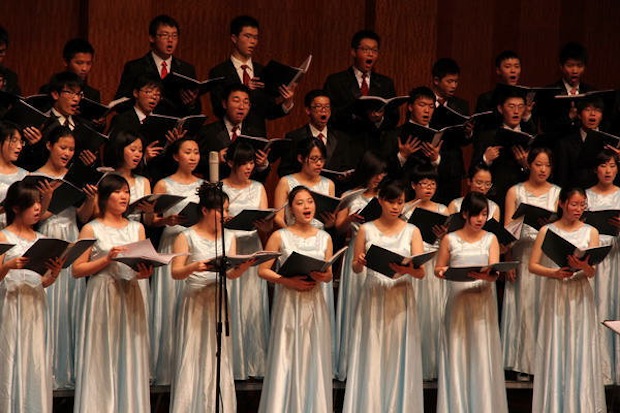
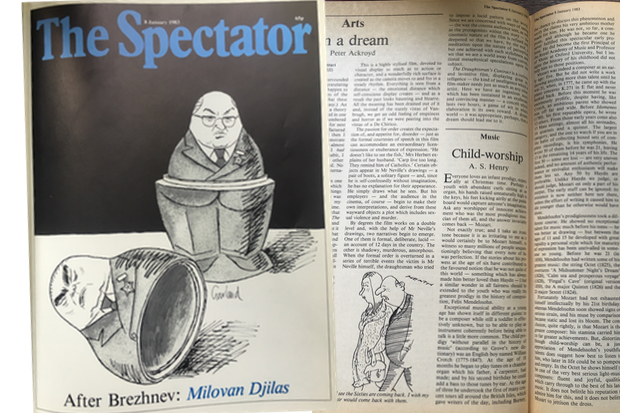
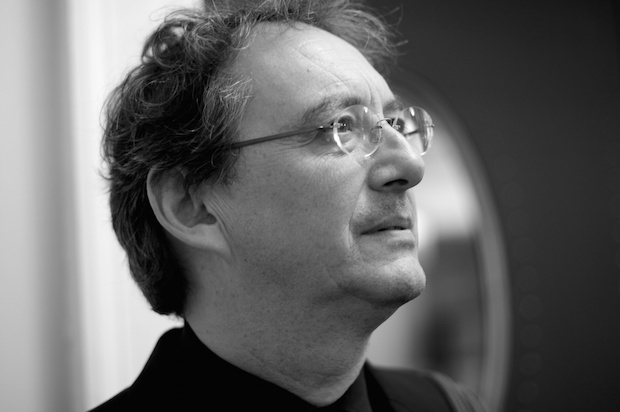
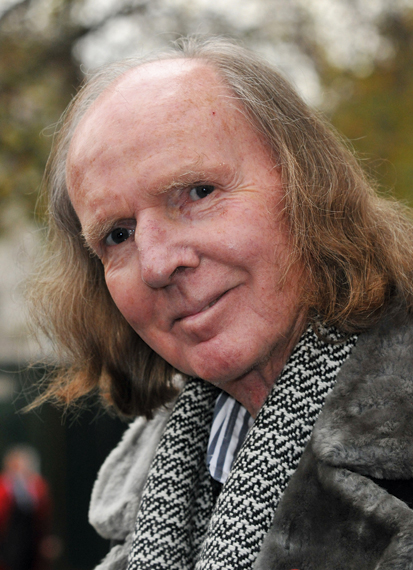


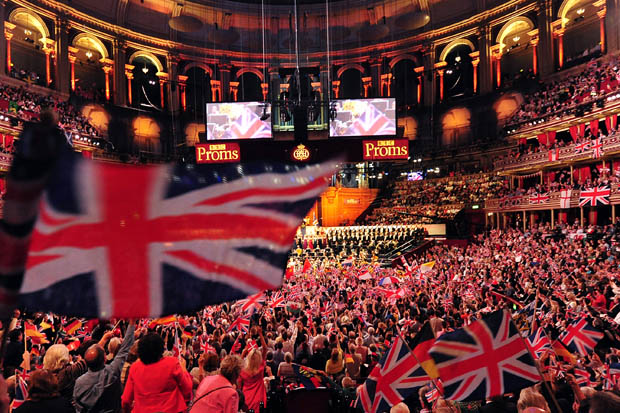






Comments
Don't miss out
Join the conversation with other Spectator Australia readers. Subscribe to leave a comment.
SUBSCRIBEAlready a subscriber? Log in